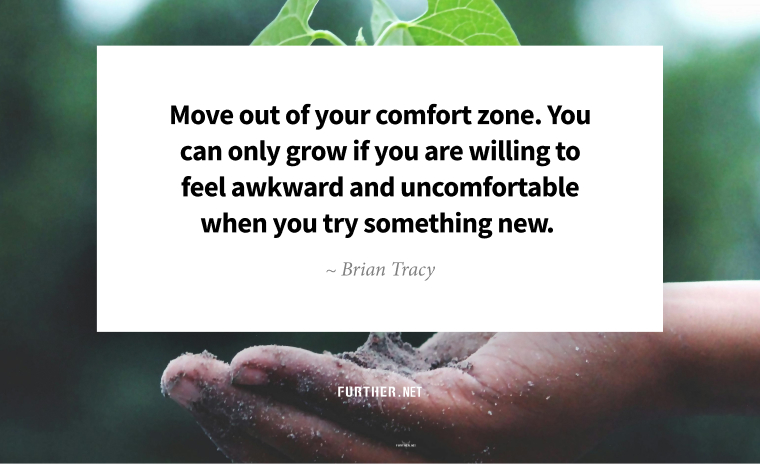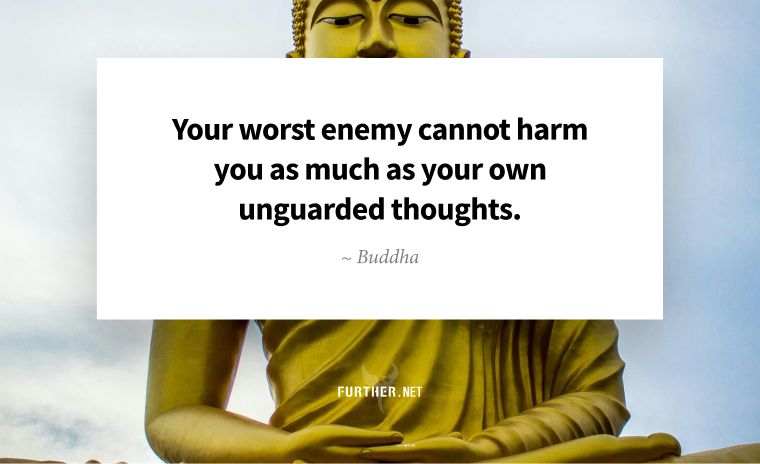
I’m not sure I ever tried to imagine what life would like in my mid-50s when I was younger.
If I did, it would likely be tied to the cultural narrative that we grew up with. I would be winding up my career and preparing to retire. Once retired, I would be effectively preparing to die.
Now that I’m here, that makes me laugh. I’m more engaged with life than ever, and looking forward to the new things I’ll do next.
I’m not alone. There’s an entirely new life stage that has been defined for people age 55 to 70, and it has nothing to do with withdrawing from society to be put out to pasture.
This new stage of life has been developed by people a bit older than us. And while our economic situation may not be as rosy, the lessons we can take away about this stage of life lessens the blow of the so-called “retirement crisis” and shows us the the real crisis is a mindset that stagnates and thinks we’re done.
And while it’s trendy to reduce everything to “mindset” these days, it’s true. We’ve been told a story our entire lives about retirement that turns out not only isn’t true, it’s not even desirable.
All you have to do is look to other cultures that have a different story to see what a different mindset looks like:
In America, we divide our adult life into two categories: Our work life and our retirement life. In Okinawa, there isn’t even a word for retirement. Instead there’s simply “ikigai,” which essentially means “the reason for which you wake up in the morning.”
The only people who get “old” are those who don’t change. Those who don’t keep looking forward to something new for a new stage of a still vibrant life.
Keep going-
P.S. New to Further? Join us here.
Veggie Tales
I knew that anything with seeds – like tomatoes, cucumbers, and avocados – is actually a fruit, not a vegetable. But botanically, there’s really no such thing as a vegetable; just roots, stems, leaves, and flowers of plants. So eat your fruits and plants.
There’s Actually No Such Thing as Vegetables. Here’s Why You Should Eat Them Anyway (CNN)
Let It Go
I’ve given up blaming my Scotch-Irish ancestry for my anger issues, and instead work on being less angry. Turns out the feeling of “anger coursing though your veins” is literal, and can lead to detrimental cardiovascular issues.
Anger Can Harm Your Blood Vessel Function, Study Shows (CNN)
It Figures
“The moment that today’s older Gen Xers are ready to retire, their Social Security benefits could start to shrink. That could be a real problem for a generation that was already suffering in silence.”
Gen X Can Add One More Financial Problem to Its List (Business Insider)
Long Life Learning
In recent years, there’s been an increase in older adults, including Gen Xers and Baby Boomers, heading back to classrooms. Older students cite increased longevity, delayed retirement, career reboots, and a genuine interest in the pursuit of knowledge.
As a College Professor, I’m Seeing More Gen X and Baby Boomer Students Than Ever Before (Business Insider)
The Art of Getting Out of Your Own Way

By Trudi Roth
If you’re not doing what you say you want to by the time you’re middle-aged, then it’s time to take a hard look at what’s standing in your way.
While there might be legitimate reasons, you may have also unwittingly become accomplished at self-sabotage. (Cue the Beastie Boys.)
The signs are everywhere, and they include procrastination, distraction, avoidance, and asking the wrong person for feedback or advice. My friend Dede calls this your “running to your negative comfort zone.”
Before you start beating yourself up, remember that unlike other forms of sabotage, which are conscious acts, self-sabotage is unconscious. So, let’s discuss how it works so you can stop blowing up opportunities you desire — and deserve.
Your Own Worst Enemy
Self-sabotage on the surface seems counterintuitive. Why would you create obstacles to your own success? Some easy answers include low self-esteem, limiting beliefs, and fear-based behaviors to avoid the unknown.
However, according to psychologist Judy Ho, author of Stop Self-Sabotage: Six Steps to Unlock Your True Motivation, Harness Your Willpower and Get Out of Your Own Way,” the true culprit is your brain’s bias for self-preservation.
To protect ourselves from potential emotional and psychological stresses, we stall or stop moving forward in the way we really want.
Self-sabotage happens when there’s an imbalance between your mind’s drives to avoid threats and seek rewards. Before you know it, your progress is halted, your relationships are shot, your mental health is suffering, and the thing you say you want keeps getting further out of reach.
Luckily, there are several ways you can stem self-sabotage.
Defeating Self-Sabotage
As with any behavior change, the first step is awareness. Ho recommends paying attention to self-defeating thoughts.
Next time you notice a negative emotion or an action you wish you didn’t do, ask yourself, ‘What was I thinking just before I noticed this feeling or action?
As you begin the process of introspection, be compassionate with yourself. You don’t mean to sabotage your dreams, and behavioral change is challenging.
Some of the techniques Ho and other experts recommend to stop self-sabotaging include:
- Labeling your negative thoughts: By noticing the stories your brain tells you, you can decide what’s true and what’s not.
- Challenging behaviors: Ask yourself why you procrastinate or put something or someone else ahead of your goals.
- Accepting responsibility: No more excuses — embrace the idea that you’re the one getting your way.
- Taking baby steps: Make accomplishing your objectives manageable by breaking them down into smaller chunks.
And if you’re feeling overwhelmed, consider talking to a friend or therapist — accountability and assistance are the antidotes to self-sabotage. By conquering your self-defeating behaviors, you’ll be on your way to achieving your dreams.
Do you self-sabotage? Here’s how to stop. (The Washington Post gift article)
further: flashback

UTFO – Roxanne, Roxanne
UTFO, 1984
Watching Kendrick and Drake trade diss tracks reminded me of what was likely the first “rap beef” that involved recorded songs. In 1984, UTFO released Roxanne, Roxanne about a fictional woman who gave each member of the group no play. In response, two different women going under the names Roxanne Shante and The Real Roxanne delivered scathing replies to the song. Over the next year, anywhere from 30 to over 100 additional answer tracks were produced in what became known as The Roxanne Wars. (YouTube)
further: sharing
Enjoy this issue? Please forward this email with friends or share on social media.
Thank you for sharing Further!
